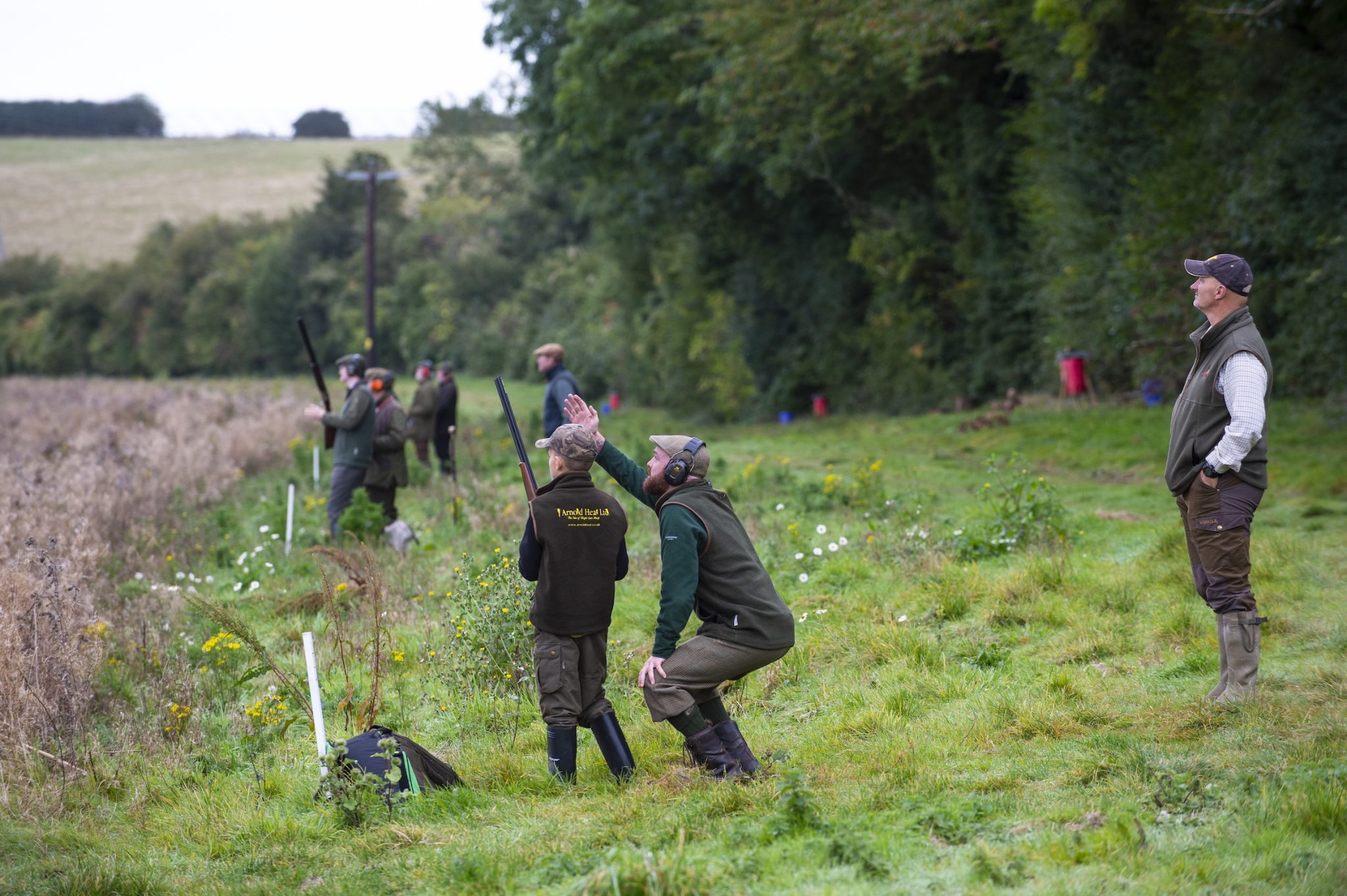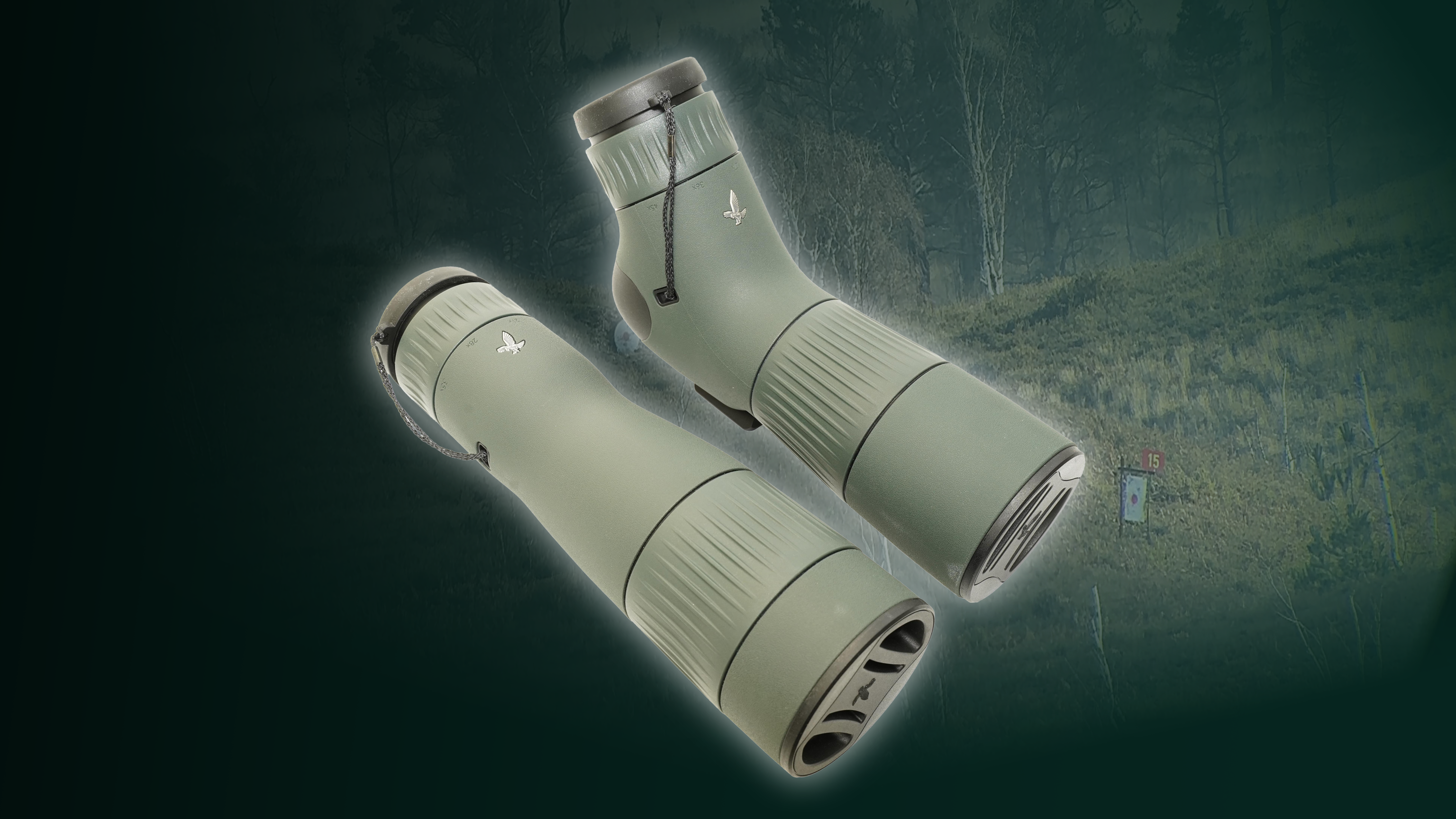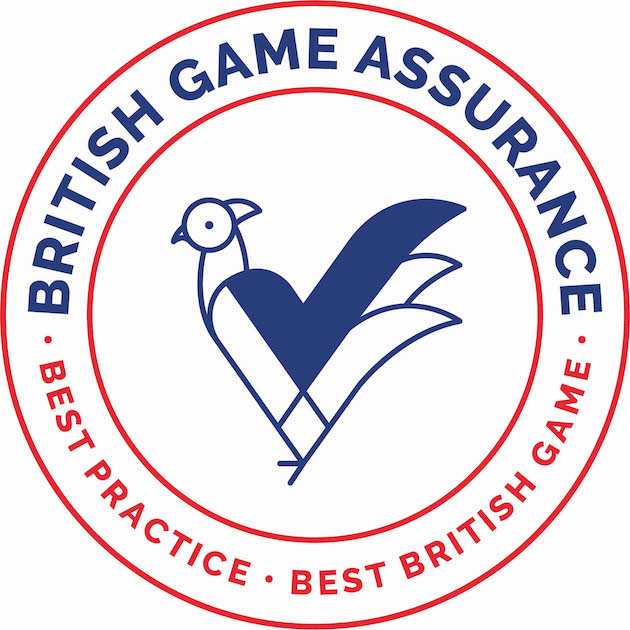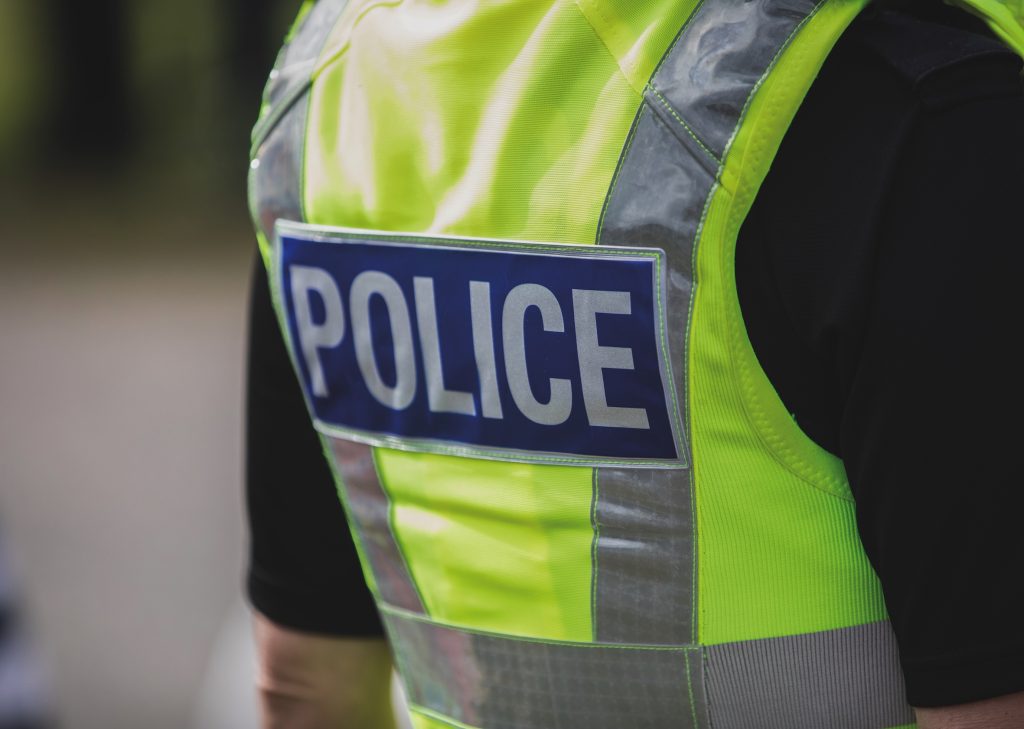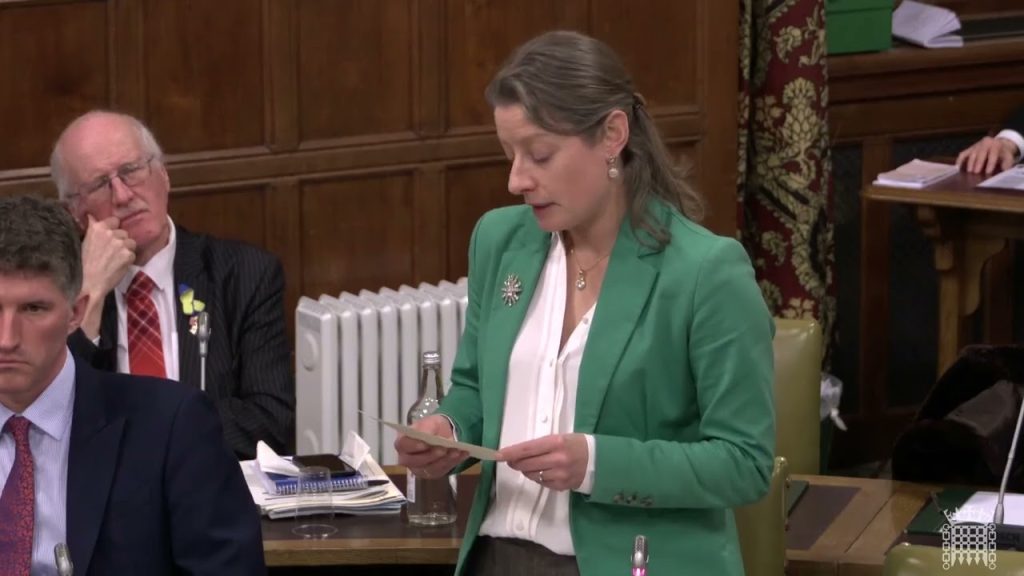The countdown is on for The British Shooting Show – book tickets online today and save on gate price!
What the British Game Assurance plans for this season
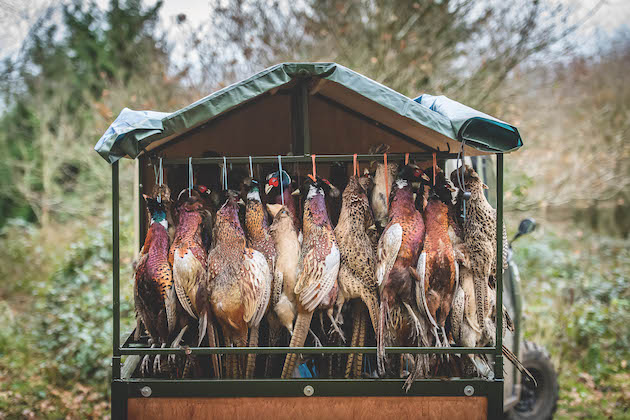 game cart
game cart
As it approaches what may be its most challenging season yet, the British Game Alliance has rebranded itself as British Game Assurance (BGA). It hopes the new name will better reflect what it does and will mark out its place among the group of shooting organisations that make up Aim to Sustain. However, a name change alone will not address the serious challenges that remain in the game market.
British Game Assurance was launched in 2018 to “increase the value of shot game by seeking new markets both in the UK and internationally, linking consumers with processors, promoting the health benefits of eating game, and challenging public perceptions of game meat”. Behind the well-worded press releases and glossy pictures of spiced spatchcock partridge was a relatively simple aim — shift more birds.
Supply and demand
The grim reality was that, for some shoots, dead game was verging on an inconvenience. Game dealers might collect it, but often would not pay. Guns and beaters taking birds made a small dent, but on days when 500 birds were shot, the surplus was still large. With the value of a dead bird so low, there was little incentive to get a quality food product to market. There was a brisk supply of customers who wanted to shoot game, but a weak supply of customers to eat it.
British Game Assurance got off to a famously rocky start; a strong sense of its mission among senior staff came across as pushiness. Keepers complained about alliance staff in nice cars and fancy jackets, arriving to tell them they had to change and then leaving. Game dealers grew frustrated with what they saw as interference in commercial relationships they had spent years developing and the National Game Dealers Association refused to endorse the organisation.
Speaking anonymously, one game dealer compared the alliance to an abusive partner. BGA struggled to get restaurants interested. One London restaurateur, who specialises in game dishes, said: “I don’t need them. I know my keepers and my shoots, and I don’t need anyone to put a sticker on birds to tell me they are good birds.”
British Game Assurance (BGA) also found it difficult to shake its roots — the idea for the organisation began with the sporting agents committee. Small shoot owners and operators repeatedly made the case that oversupply of gamebirds was the fault of those same agents, who were now expecting smaller shoots to pay to fix it.
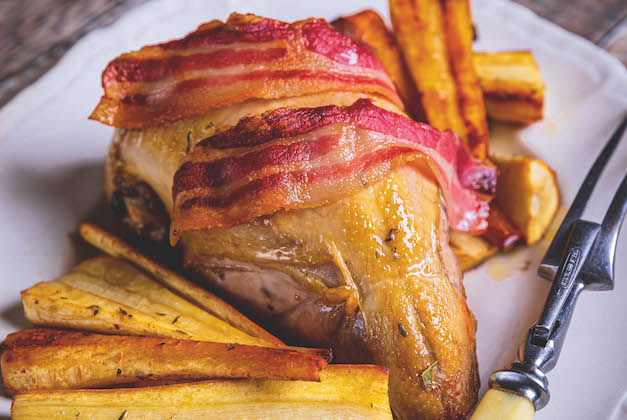
Part of the mission of BGA is to get people eating much more game across the country
High standards for British Game Assurance
BGA had early successes, signing deals in Asia to sell BGA-assured birds and developing a thorough and wide-ranging standard. Hundreds of shoots signed up and so did some of the country’s largest game processors.
At the end of its first year, it was able to say: “BGA has seen significant success, having signed up over 500 shoots and 18 game processors to its assurance scheme, developed two new markets for game overseas and has secured over 100 BGA-assured stockists in the UK, reaching over 3,000 food outlets.”
But profound problems remained and, in 2020, a new leader was appointed for the organisation. The new chief executive was Liam Stokes. Liam started his career running a pheasant shoot and worked his way via the GWCT and the Countryside Alliance to a policy position at Defra. I spoke to Liam from his home office, after he had spent most of the day on the road.
“I have never known peace time,” Liam joked. Whatever Liam’s plans for his first year may have been, they were soon swept aside as COVID-19 caused havoc for every aspect of life, including game shooting and the game market.
While the almost worldwide shutdown of the restaurant trade crushed demand for birds, an equal crash in demand for shooting firmly turned off the supply. At the same time, Brexit tumbled the vital European export market into chaos.
If that wasn’t keeping Liam and his team busy enough, BGA joined the call for a five-year voluntary transition away from lead. As a result, the alliance’s achievements have been steady rather than spectacular — a deal to supply the Ministry of Defence, another to put more game in Sainsbury’s. Liam mentioned that another major supermarket would soon be carrying significant quantities of BGA-assured lead-free game. Crucially, however, BGA has survived, making it through a year with almost no shooting.
Surviving is one thing, thriving is another. Liam acknowledged that a very challenging season was ahead, but it was not Brexit, COVID-19 or the European restaurant trade that worried him. “The great concern for this coming season is still lead,” Liam said, “and we are all still scrambling to understand what the implications will be of the runaway train that is the demand for lead-free game.”
Later, he clarified what he meant. “Maybe falling dominoes is a better way to put it. More and more stockists now want their game to be lead-free and they want lead-free game right now. When we are negotiating to put new lines into supermarkets, they expect it will be lead-free. They may accept lead in existing product lines, but new lines have to be lead-free.”
Despite the best efforts of the country’s shooting organisations and an impending ban, it seems inevitable that most game will be shot with lead this winter.
When I pushed Liam to say whether shoots with lead-shot game to sell would manage to get a good price for it this year, he said: “It depends. If you are planning on selling your game to a big game dealer who is predominantly supplying major multiples [the big supermarkets], they may need to go lead-free.
“If you are selling it to a smaller game dealer who is supplying local trade, then they may be fine. But shoots need to have those conversations now and if the answer is no, they need to look elsewhere.”
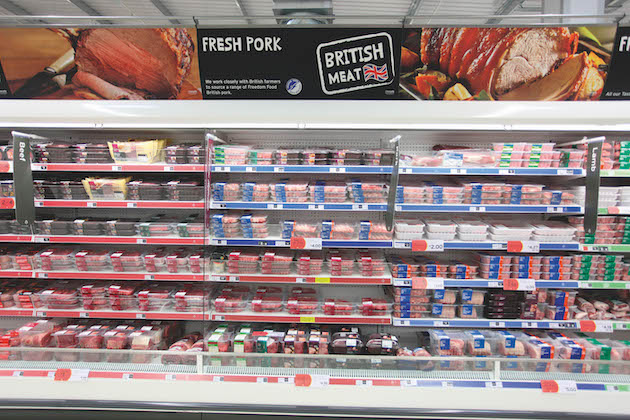
British Game Assurance chief executive Liam Stokes is clear that moving away from lead is crucial to getting more game on the supermarket shelves
Taking stock
Liam is insistent that going lead-free is one of the most important ways shoots can boost the saleability of the game. “If we can put a shoot on our lead-free register, it is much easier for us to find people to matchmake them with potential buyers.”
Supermarkets are a key focus area for BGA, not least because, while the hospitality industry has been sluggish, retail has come roaring back. Liam said: “We want as many of those major multiples stocking game as we can. I know not everyone agrees with our focus on supermarkets, but if we are going to do lots of lovely promotion of game, shoppers need to be able to find it on the shelves.”
BGA has begun to deliver solid results as specialist research shows that the value of game sales in the shops has increased by nearly 10% in the past three years. It still needs to grow a lot further to take up the slack in the overloaded game supply chain, but 10% is a solid start.
For most shoots, the dysfunctional game market shows up as a depressingly low price for their birds and a successful BGA would be one that delivered a much-improved price from the game dealer. It seems to me that this is a very high bar. The reason I am doubtful is that BGA and the game market face a fundamental problem.
Pheasants and partridges defy some of the most basic laws of economics. The value of most goods increases as they move through a supply chain — wheat is less valuable than flour, flour less valuable than bread, bread less valuable than a pre-packed sandwich.
The pheasant doesn’t behave like that. A seven-week-old poult will cost around £4. A few months later, going over a peg, it will be worth £40. When the game dealer collects it from the larder, they will probably pay somewhere below £1. Days later, it will be in the butcher’s chiller for £6.95. It’s a rollercoaster price that makes the product which leaves the shoot the least valuable in the whole supply chain.
Valuable contribution
The normal laws of supply and demand should step in and sort out the problem, reducing the supply of birds until the price improves. But because it is shooting the bird, not the shot bird itself, that earns the money, it is going to be difficult to get the price of a bird at the larder door to improve by much. That isn’t to say BGA can’t make a valuable contribution to pushing up the demand for game, which in turn will pull up its value.
However, unless something major changes, it will probably not make much difference to shoot profitability. Perhaps that isn’t the point. If BGA can end the appalling waste of birds being dumped and can reconnect the shooting field and the nation’s kitchens, perhaps that will do more good for shooting than adding £1 to the price of a pheasant.
Related Articles
Get the latest news delivered direct to your door
Subscribe to Shooting Times & Country
Discover the ultimate companion for field sports enthusiasts with Shooting Times & Country Magazine, the UK’s leading weekly publication that has been at the forefront of shooting culture since 1882. Subscribers gain access to expert tips, comprehensive gear reviews, seasonal advice and a vibrant community of like-minded shooters.
Save on shop price when you subscribe with weekly issues featuring in-depth articles on gundog training, exclusive member offers and access to the digital back issue library. A Shooting Times & Country subscription is more than a magazine, don’t just read about the countryside; immerse yourself in its most authoritative and engaging publication.



